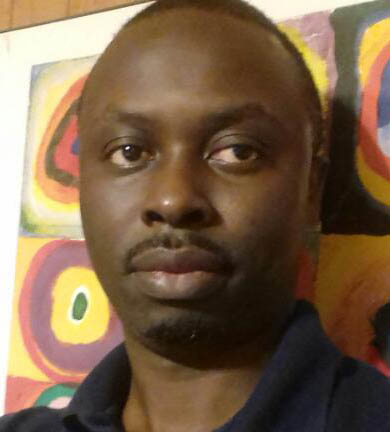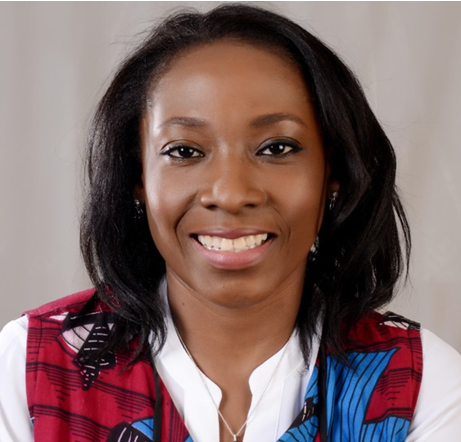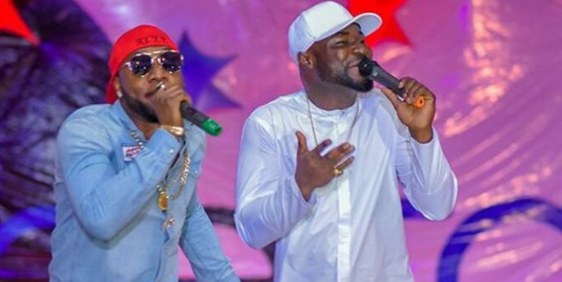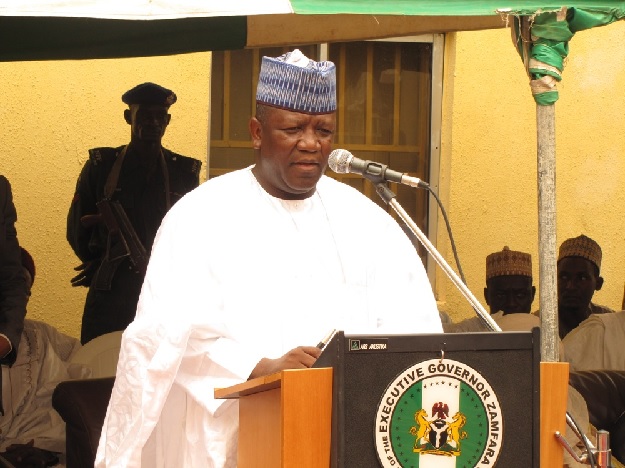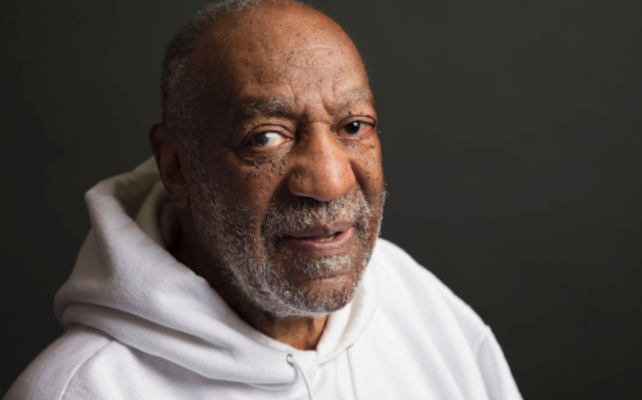Nigeria’s health care system can bring you joy and anxiety in equal measure. The ideas on the table about revamp of the sector and the dreary leadership impeding progress are things of joy and anxiety.
Sure, a fossilized political system and patent lies by the leadership about commitment to health care reform has been one reason Nigerians continue to have their life expectancy low despite the country’s opportunity with human and financial resources to turn the tide.
For instance, Nigeria’s image in health sector investment is poor. The indicators do not just add up.
Honestly, when the Country Director of ONE Campaign, Serah Makka-Ugbabe, explained it to me on a recent week with curves on a graph, I held my breath for a moment.
Advertisement
It was a simple conversation about some global issues that led us to Nigeria.
With a long conversation around issues that ONE cares about, we came up dry at explaining how Nigeria has been unable to place priority on its health care reform, leaving the poor vulnerable and the rich going abroad to die in search of health care in a foreign land.
True, there are many unacceptable health indicators that currently put Nigeria in health care crisis situation with no emergency declared. Life expectancy is one of them.
Advertisement
As a people we’re expected to live for just a little above 50 years. The mortality rate for children younger than 5 years is 124 per 1000 livebirths; the maternal mortality ratio squirts at 560 per 100 000 livebirths; the HIV prevalence is 2030 per 100 000 people; the tuberculosis prevalence is 161 per 100 000 people; and the incidence of malaria is 28 710 per 100 000 people.
Of course, there are many other things that continue to take Nigerians to their early grave.
Sadly, preventable health-related issues represent a large chunk of reasons our country is in the range of statistics with low life expectancy.
I’m not sure how others received it, but the most recent global ranking of Nigeria as 216 in the world, and 16th in Africa following life expectancy ratio gave me goose pimples after 17 years of democracy.
Advertisement
Thirty seven years ago, average life expectancy in Nigeria was 44.74 years and now we have life expectancy of 54.07 years. That’s just moving at a snail speed.
Let’s agree on the fact. Living in South Sudan, Rwanda, Haiti, Yemen, Afghanistan, and poorer nations such as Mozambique and Democratic Republic of Congo (DRC) will give you some respite compared to living in Nigeria, when you consider their life expectancy ratio to Nigeria’s.
In the global statistics, those living in Yemen, will live for 65 years, DRC citizens will, on the average live up to 59 years, while those in Mozambique have a life expectancy of 57 years.
In Japan, an average person will live to see his/her grandchildren at the ripe age of 83.7 years, those in the United Kingdom will live up to 81 years, residents of the United States will live up to 79 years, while in Algeria, which is an African country, the life expectancy rate is 75 years.
Advertisement
Now, we can justify why ONE Campaign, the global nonprofit that Makka-Ugbabe leads in Nigeria has limited patience with the way funding for health care sector in the country is equally being made at a snail speed.
In a statement this week, ONE Campaign gave a little praise to the government for increasing the budget a slightly from N257 in 2016 to N308 billion in 2017, but with an alarm.
Advertisement
According to ONE, Nigeria’s poor investment in the health care sector will be detrimental to the future of the country and its place as a giant on Africa continent.
The basis of ONE Campaign’s argument is soundproofed. The detail is in the budget. The nation’s contribution to the Ministry of Health remains at the same level of 4.1% between 2016 and 2017. That means a lot of people will be uncovered in government medical provision for the citizens this year.
Advertisement
So it makes sense when Makka-Ugbabe said: “While ONE commends the federal government for increasing the health budget allocation from N257 billion to N308 billion between 2016 and 2017, the people of Nigeria still have reason to feel let down.”
Indeed, the current allocation is grossly insufficient to address Nigeria’s fragile and failing health care system. With a spend per Nigeria citizen in deficit and amongst lowest in the world, and service delivery rate that is at the rear end and amongst the worst in the world, Nigeria cannot claim to be an economic lion, when the health of its citizens flutters.
Advertisement
According to ONE, Nigeria will continue to lose millions of lives to basic illnesses like malaria, diarrhoea and Lassa fever because of poor funding of its health care system, especially primary health care in rural areas.
“The self-styled Giant of Africa invests less than other African countries for health. The South African government invests 12% of its budget towards the health care sector while the Ghanaian government invests 7.3%,” Makka-Ugbabe said.
But if there’s anything I like about Makka-Ugbabe, it is her ability to make known what is not known. “If Nigeria is to find her rightful place as Africa’s leading economy and indeed become a global player, the federal government must ensure that the right investments are made towards its people health. A healthy nation makes a wealthy nation. We recognise the federal government’s efforts in increasing the health budget, but we cannot ignore its failure of missing the mark for investments which would save millions of Nigerians lives, especially the poorest of our country,” she added.
The point she made about the statutory transfer of N49 billion towards the Basic Healthcare Provisional Fund that Nigeria did not honour in the 2017 budget is disheartening. This provision is the one that matters for Nigeria’s poorest and would increase revenue to improve and revitalise the primary health care system.
We all know this that the primary health care system which provides “last mile” health services to people in the rural communities is critical to the strength of Nigeria’s health system.
Perhaps ONE Campaign understands how to make necessary push as the preparation for the 2018 budget cycle may soon engage the attention of policymakers.
So the group is asking the federal government to invest more in health while putting in place measures for transparent expenditure for the 2017 health budget.
And I agree that by doing so, the federal government will keep the promise it made to all Nigerians of investing 15 per cent of its budget on health.
Follow me on Twitter: @adeolaakinremi1
